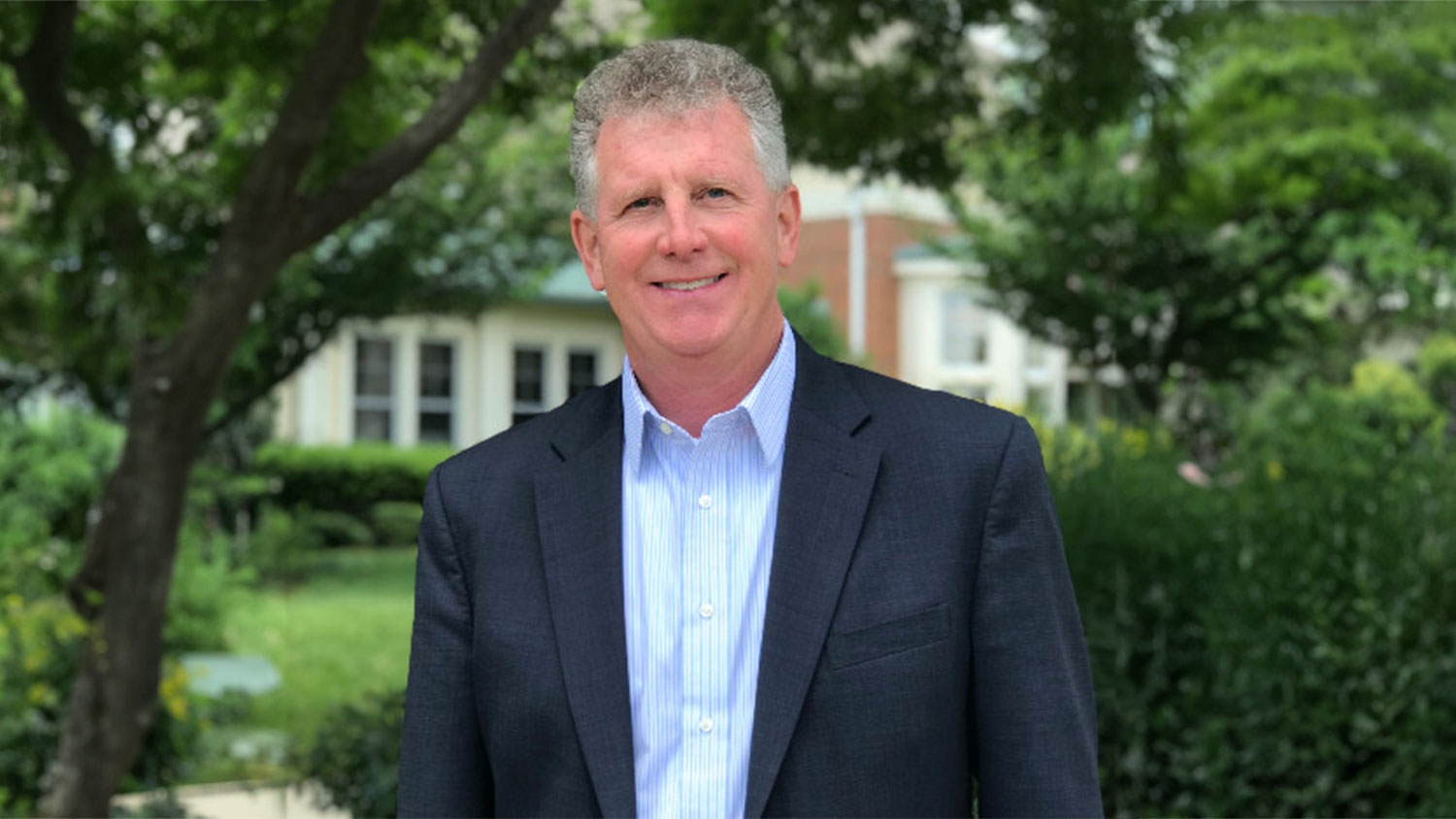Dr. Fay Cobb Payton Receives NSF Award for Research on use of Social Media for HIV/AIDS Education
Dr. Fay Cobb Payton, associate professor of information technology in the NC State University Poole College of Management, was awarded a two-year National Science Foundation (NSF) research grant to study the use of social media networks in promoting HIV and AIDS prevention education among Black female college students. The award is for $294,096 with $252,360 coming to NC State.
“The intent of this research is to develop an intervention that utilizes social media networks to disseminate tailored content on human immunodeficiency virus (HIV)/acquired immunodeficiency syndrome (AIDS) prevention for Black female college students,” Payton said. “More specifically, this intervention is to broaden access to and utilization of HIV prevention information, ” she said.
“To improve scientific knowledge of this social phenomenon, our strategy is to design a social network-based intervention that can provide empirical evidence on the design and implementation of HIV/AIDS preventive education, as well as the culturally-specific challenges related to the use of information computing technologies for HIV/AIDS preventive education,” Payton said.
Payton is principal investigator (PI) on the project, working with Co-PI Dr. James Kiwanuka-Tondo, associate professor of communications in NC State’s College of Humanities and Social Science. Also collaborating on the project are Kathy Hamilton Gore, instructor in parks and recreation in NC State’s College of Natural Resources, and Dr. Lynette Kvasny, associate professor of information sciences at the Pennsylvania State University.
The project is the continuation of Payton’s previous research which has focused on the use of information technology in health care, and is administered through NSF’s Division of Information and Intelligent Systems. The award began Sept. 1, 2011, and is expected to continue through August 31, 2013. The project title is: “Developing a Culturally Compelling Social Network Approach to HIV/AIDS Prevention for African American College Students.”
- Categories:


